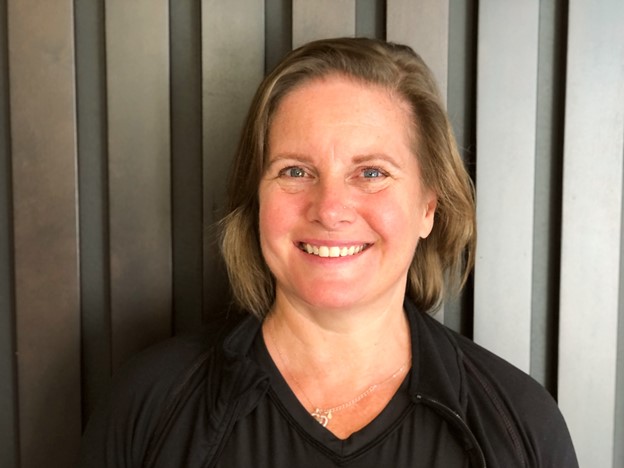Get To Know Our Team

Denise Darby
Yoga Therapy
I have been involved in coaching fitness and functional movement for as long as I can remember, and feel at home in a body that is able to move and perform the functions necessary to support my active lifestyle. I believe that, by staying active and aware of my changing body, I will be able to maintain freedom of movement throughout my life. My goal as a movement therapist is to help clients achieve the same ease and comfort in their bodies and lives.
I am trained in yoga therapy, corrective movement, and exercise therapy, and am passionate about helping my clients by teaching mindful movement, safe adaptations, and by encouraging an understanding that change (even in our bodies) is inevitable. The key is to trust that change is not synonymous with loss, but is actually the catalyst for growth and self-acceptance. I look forward to meeting you and bringing you closer to your personal goals!


